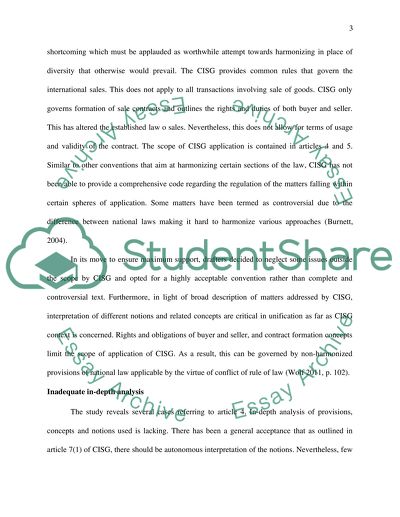Cite this document
(“International Business Environment & Trade Essay”, n.d.)
International Business Environment & Trade Essay. Retrieved from https://studentshare.org/law/1631781-international-business-environment-trade
International Business Environment & Trade Essay. Retrieved from https://studentshare.org/law/1631781-international-business-environment-trade
(International Business Environment & Trade Essay)
International Business Environment & Trade Essay. https://studentshare.org/law/1631781-international-business-environment-trade.
International Business Environment & Trade Essay. https://studentshare.org/law/1631781-international-business-environment-trade.
“International Business Environment & Trade Essay”, n.d. https://studentshare.org/law/1631781-international-business-environment-trade.


